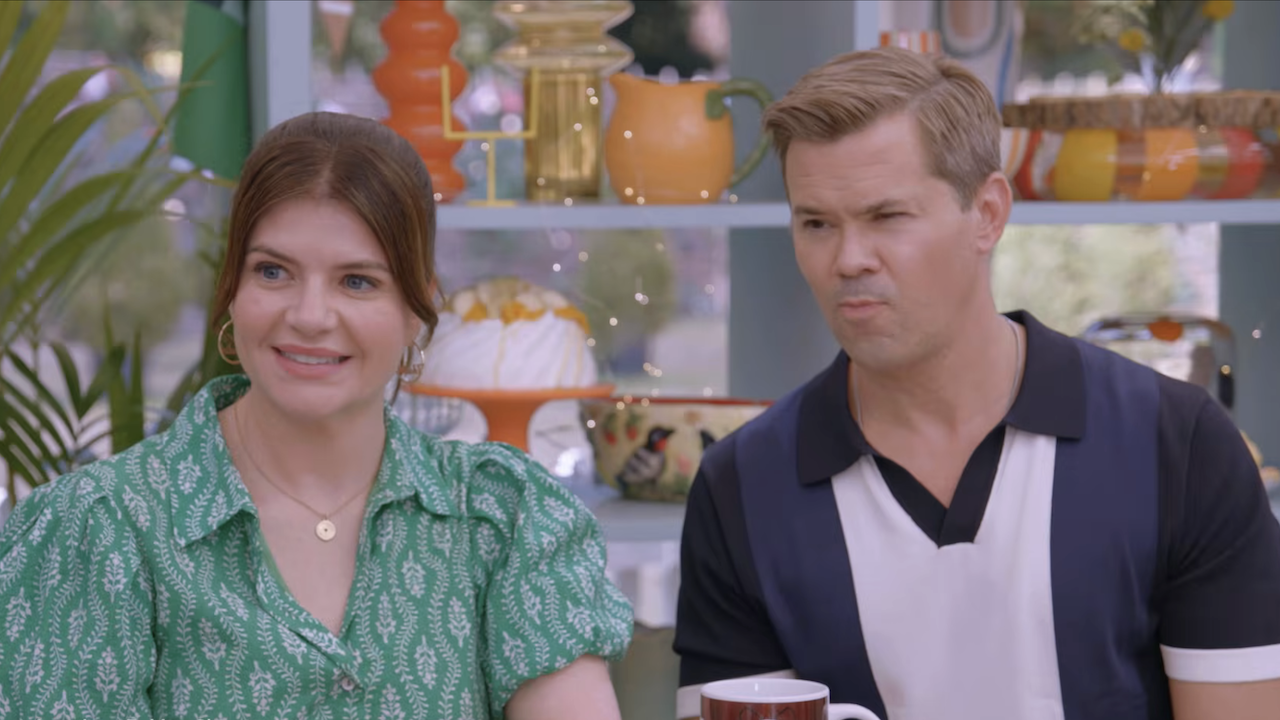7 Lessons The DC Extended Universe Should Take From Wonder Woman
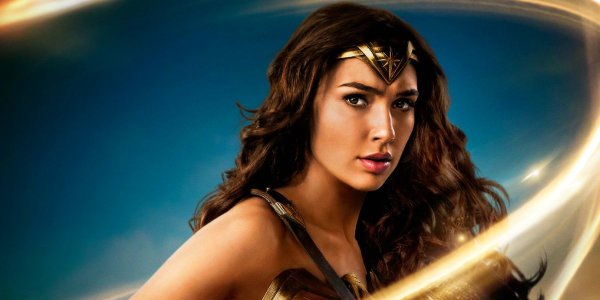
Your Daily Blend of Entertainment News
You are now subscribed
Your newsletter sign-up was successful
Warning: possible spoilers ahead for Wonder Woman! Read ahead at your own risk!
You have to hand it to Patty Jenkins and Gal Gadot. A few years ago people likely would've scoffed at the idea of a Wonder Woman solo movie, but their work on Diana Prince's origin story has proven incredibly effective with audiences. The film speaks for itself; Wonder Woman is a glorious return to form for the adventure genre, as well as a damn fine piece of superhero storytelling. The princess of Themyscira is now a mainstream superhero, and the future has never looked brighter for the character.
Coming off of a stellar first weekend at the box office, it's clear that Wonder Woman is DC's best movie in years. The film has achieved widespread acclaim from critics and fans alike, and it seems like the dawn of a new day for the DCEU. With such powerful momentum behind Diana Prince's first solo outing, we have put together a list of lessons that DC needs to learn from Wonder Woman's success going into the future of its (admittedly crowded) slate.
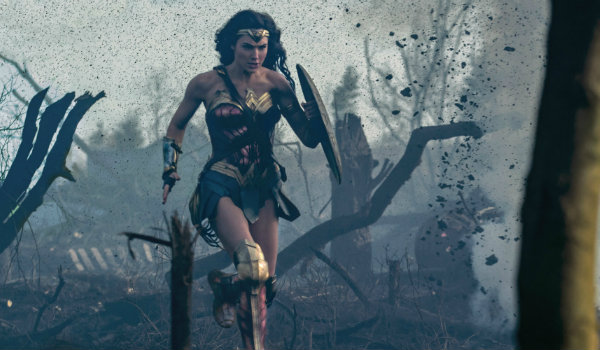
Period Pieces Can Help Flesh Out The DCEU
Setting a superhero story in the grit and grime of The Great War always felt equal parts risky and fresh. It's uncharted territory for the genre, but it has also managed to breathe some new life into what's possible for a DC story. Future DCEU adventures should capitalize on this concept and show a willingness to explore other time periods in which older heroes lived and fought. Wonder Woman 2 is obviously a perfect candidate for this, but there are also plenty of avenues to explore properties like the Justice Society of America (the 1940s), Batman Beyond (the not too distant future), or even a Black Adam movie set in ancient times. The DC timeline is more robust than casual fans think, and period pieces will help flesh out that idea.
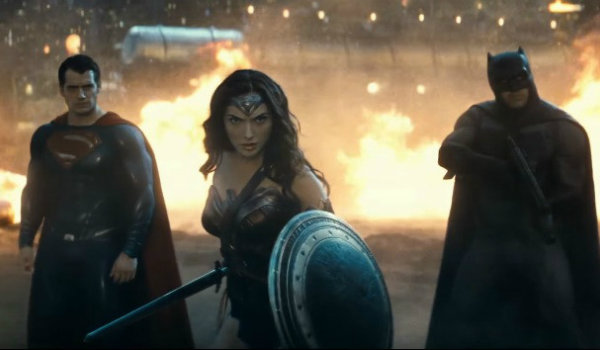
Not Every Story Need To Be Connected
One of Wonder Woman's greatest assets is the way in which it feels wholly disconnected from the rest of the DCEU. Unlike Batman V Superman: Dawn of Justice, Diana Prince's first solo adventure is not overly concerned with setting up future adventures in the DC Extended Universe, and that ultimately gives Patty Jenkins freedom to do anything that she wants with the titular heroine in this film. While there's certainly no question that continuity still reigns supreme in the realm of cinematic universes, Wonder Woman definitively proves that standalone movies with no overt connection to a greater overarching storyline still have a place in the modern blockbuster landscape. Think about it, when was the last time a superhero movie had such a satisfying beginning, middle, and ending?
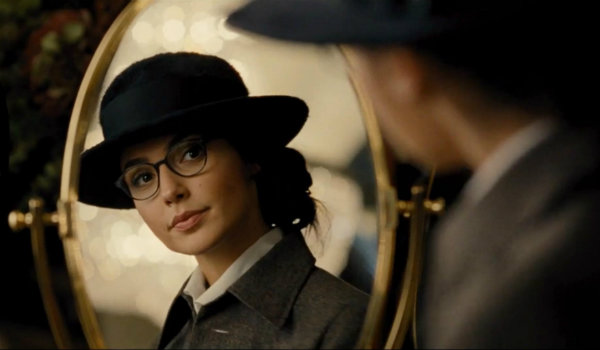
DC Films Can Work With Lighter Tones
DC films have almost always maintained darker tones and styles when compared to Marvel movies, and Wonder Woman is no different. The film explores World War I with an unflinching sense of brutality, and it doesn't shy away from the horrors of war. That said, Wonder Woman also takes the time to balance out that darkness with incredibly fun moments of humor and wittiness (especially on the part of Lucy Davis' Etta Candy) in a way that feels earned and respectful to the material. In that regard, Wonder Woman breaks the decades-old school of thought that DC movies need to be exclusively dark to capture the tone and style of the universe properly. There's no getting around it now; a lighthearted sensibility can work in a DC film.
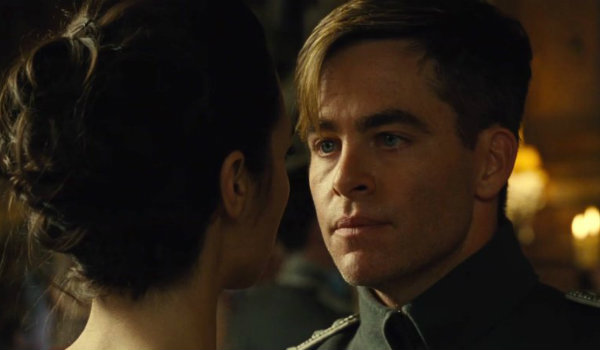
Death Needs To Mean Something
The death of Steve Trevor is the most heart wrenching on-screen death of a DC movie character since Rachel Dawes in The Dark Knight. Patty Jenkins plays the moment for maximum emotional impact, and Chris Pine's performance as he flies the plane off into the night is damn-near perfect. This scene ultimately works as well as it does because it seems to understand that Steve Trevor will not return from this moment of self-sacrifice. It gives the character's fate the weight that it deserves, and it allows him to neatly wrap up his arc with an act of heroism that inspires Diana to become her true self. Few modern superhero movies (DCEU included) understand the importance of death, and Wonder Woman's willingness to embrace it represents a valuable lesson for future DC films.
Your Daily Blend of Entertainment News
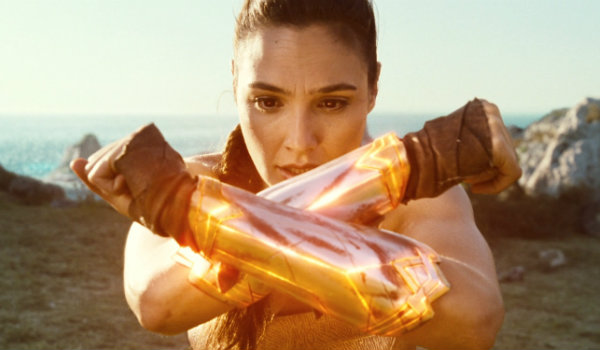
Hire Directors Who Understand The Material
This may seem like a no-brainer, but it's worth mentioning: studios should always consider prioritizing legitimate fans of a film's source material when looking for directors. Modern audiences are more astute than studios realize, and they can tell when a filmmaker cares about the content of a given project. Patty Jenkins proved her DC nerd credentials while marketing this movie, and it has become abundantly clear that she has a thorough understanding of the character. The reverence simply shines through in the film, from her subtle nods to classic DC cinema, to her ability to completely capture how Diana would fight in an action sequence. In the end, all it takes is someone willing to treat the source material with the reverence it deserves to nail a silver screen comic book character.
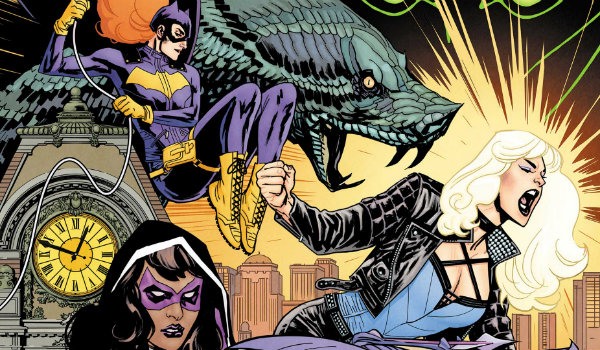
Don't Greenlight More Female Superhero Movies Just Because Wonder Woman Worked
Even before the release of Wonder Woman, DC and Warner Bros. had already greenlit a Batgirl movie, as well as a Gotham City Sirens movie. While there's no question that we're beyond excited for both of these projects, we also want to stress the fact that DC shouldn't start announcing female-driven superhero movies simply because their first one worked so well. The fact that Wonder Woman works as well as it does is a testament to far more than just Diana Prince's gender, and the studio needs to take a more holistic view of everything that worked in Patty Jenkins' film. To look at Wonder Woman's box office success and attribute it solely to the fact that the lead hero is a woman would miss the point entirely.

Focus On Solo Stories, Don't Rush To Team Up
There's an argument to be made that DC's biggest disadvantage compared to Marvel is the fact that the DCEU dove headfirst into team-up territory after Man of Steel. The franchise embraced ensemble films with Batman V Superman and Suicide Squad, and there's simply no getting around the fact that everything felt rushed as a result. On the other hand, Wonder Woman feels like a breath of fresh air because it's the first film since Man of Steel to take its time and flesh out a single character. Even after the release of Justice League, DC should pump the breaks and continue this trend as it expands its roster and gives each hero a moment to shine. We love team-ups, but nothing beats a good old-fashioned solo story.
What lessons do you think future DC films should take away from Wonder Woman's success? Give us your thoughts in the comments!
Originally from Connecticut, Conner grew up in San Diego and graduated from Chapman University in 2014. He now lives in Los Angeles working in and around the entertainment industry and can mostly be found binging horror movies and chugging coffee.

